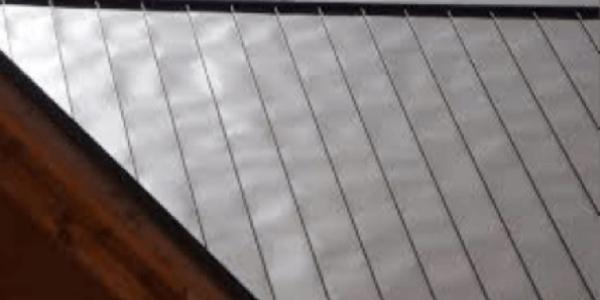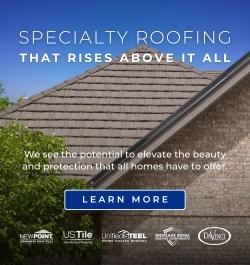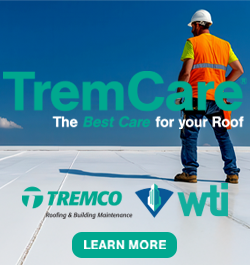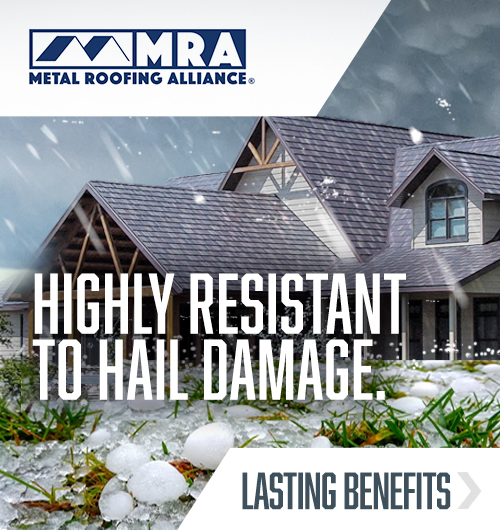Does Homeowners Insurance Cover Roof Damage?

By Cass Jacoby.
Homeowners insurance can be tricky. Here is an overview of what types of roof damage are generally covered by your homeowner's insurance policy.
It can be hard to tell what kind of coverage you have and how much is covered by your homeowner's insurance policy. It is better to prepare and find the answers to these questions now rather than later when your roof has sustained damage.
How roof coverage works
Dwelling coverage is part of your homeowner's insurance policy, it means that the roof and structure of your home is covered from perils that may damage your property. Since the roof is an integral part of your home, you are likely to be reimbursed from your insurer if you file a claim and your roof was damaged by:
-
Fire/smoke
-
Windstorm or hail
-
Vandalism
-
Explosions
-
Lightning strikes
-
Theft
-
Snow/ice buildup
-
Falling objects, such as a tree
-
Damage from an aircraft
-
Damage from a motor vehicle
Damage and destruction from such events often qualify homeowners for a total or partial replacement of the roof. The good news is that most typical all-perils homeowners’ insurance policies will cover your roof and the cost of replacing it in the event it gets damaged from a sudden accident or an act of nature.
Some policies, especially those written in certain high-risk states, impose a higher deductible for damages that ensue from hurricanes or hailstorms. Often, residents in those areas must purchase additional coverage or separate policies to protect their property.
If a dramatic event causes significant damage, coverage is likely. According to Investopedia, you are more likely to run into grey areas with your insurance policy when the damage is less severe and more cosmetic or considered a wear-and-tear problem.
Roof damage not covered by insurance
While most insurance companies will cover the cost of repairing roof leaks and damages up to the limit of your policy, they won't fully cover the cost of damages or a roof replacement when damage occurs because of lack of maintenance or general roof wear and tear. Roof damage caused by you or a professional will likely mean your claim will be denied by your insurance company.
You should also be aware that there are restrictions depending on the type and age of your roof. Be mindful of what roofing materials were used on your home, whether it’s a metal roof, shingle roof or other, and what your homeowner’s policy says about them. Roofs that are over 20 years old often have limited coverage, if any, and may only be insured for their actual cash value, not for their current replacement cost.
Of course, the insurance coverage of your roof depends on your policy, but it also is a factor of your location. If your roof was damaged by hail, it might be covered by your policy because it's an unexpected event, but if you live in Florida and your roof was damaged by a passing hurricane you might not be covered. Some locations have specific exclusions if a certain weather event occurs more frequently.
Coverage says that roof leaks are not covered by home insurance when the cause of the leak is not a covered peril. It is common for roofs to leak the older they get, so this type of damage is typically excluded from coverage. Most home insurance companies will also deny a leaky roof claim if it’s caused by mold, pests, birds, wet rot, improper code materials, contractor/construction errors or neglect.
Conclusion
Ultimately, what your insurance company will pay for depends on the limits and deductibles in your policy.
FOX Business recommends that you decide your dwelling coverage limit based on the cost of rebuilding your home. Remember that the limit is the maximum amount your insurer will pay towards a covered loss, while your deductible is the amount you pay out of pocket so that the policy kicks in.
Make sure you know the ins and outs of your specific homeowner’s insurance policy so you can be prepared to file a claim to insurance carriers and reduce out-of-pocket costs from roof damage should it happen.
It’s important to get regular roof inspections and make roof repairs or replacements when needed. Actively preventing roof damage will keep your roof strong and ensure that your coverage applies when disaster strikes.
Have a question? AskARoofer.
Find your local roofing contractor in the RoofersCoffeeShop® Contractor Directory.
About Cass
Cass works as a reporter/writer for RoofersCoffeeShop and AskARoofer. When she isn’t writing about roofs, she is writing about movies for her master's degree and dancing with her plants.










Comments
Leave a Reply
Have an account? Login to leave a comment!
Sign In